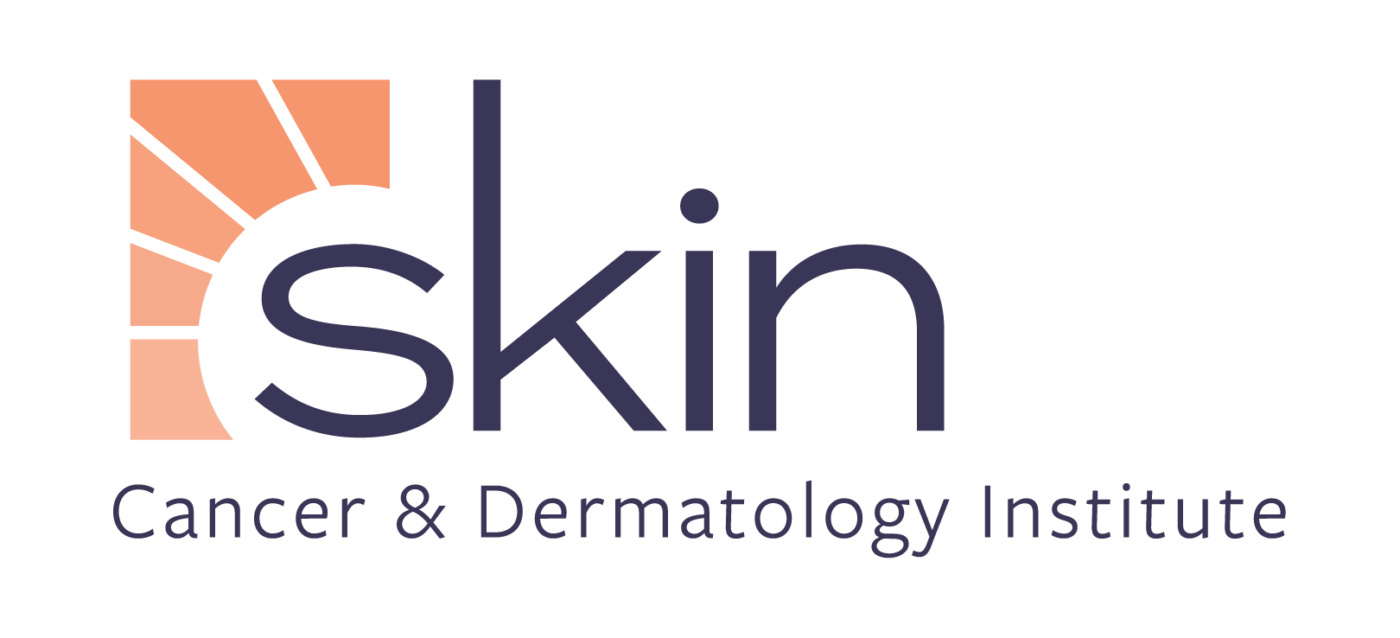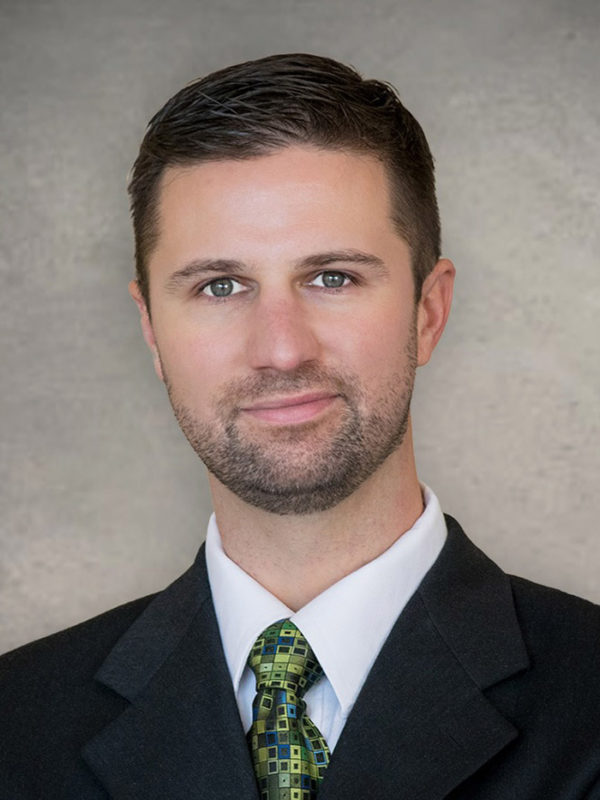One in five Americans will develop skin cancer by the age of 70, according to the Skin Cancer Foundation. That is why every year in May it is so important to help educate the public about sun safety and skin cancer. Today’s Skin 101 post features a Q&A session with Dr. J. Hibler about sunscreen and more.
Q: How does sunscreen work?
A: There are two types of sunscreen. Blockers, which literally block ultraviolet (UV) radiation from causing sun damage and are made with zinc and titanium. Everything else is considered a chemical blocker (oxybenzone, octisalate). These chemically change how the skin responds to UV rays. My three favorite sunscreens are EltaMD®, Neutrogena® and Cetaphil, but I stress that any sunscreen is better than no sunscreen. Find a broad-spectrum sunscreen with a minimum of 30 SPF that you love and stick to it, every single day.
Q: We hear that sunscreens can damage coral reefs – why, and what sunscreens are the best for the environment?
A: Researchers continue to study this unfortunate phenomenon. Some sunscreens with the ingredient oxybenzone can affect coral’s reproduction and growth cycles, ultimately leading to bleaching. While we may not yet know enough about this phenomenon, for anyone concerned about it I recommend using a physical sunscreen/blocker with zinc or titanium as the active ingredient.
Q: What time of day is the worst to be out in the sun?
A: Typically, between 10 a.m. and 2 p.m. is when sunlight is the strongest. That being said, when you are in mountainous areas, like we are in the Sierras where we are at a higher altitude and there are over 300 days of sun per year, we need to take extra care to take all sun safety precautions such as wearing sunscreen every single day, seeking shade when possible, and wearing Ultraviolet Protection Factor (UPF) clothing.
Q: Does indoor tanning cause skin damage?
A: Yes. The light bulbs used in indoor tanning beds do not filter out the dangerous/cancerous wavelength which causes skin damage, and ultimately skin cancer.
Dr. Hibler is a Board-Certified Dermatologist who sees patients at our Incline Village location and specializes in Medical, Pediatric, Surgical, and Cosmetic Dermatology. As an Osteopathic Physician, his holistic treatment approach places additional focus on the patient including their environment, nutrition, and body system. He is a North Lake Tahoe resident, enjoys the great outdoors of the Sierras, and is an active member of the Tahoe Nordic Search and Rescue team. Get to know Dr. Hibler and book an appointment online here.


